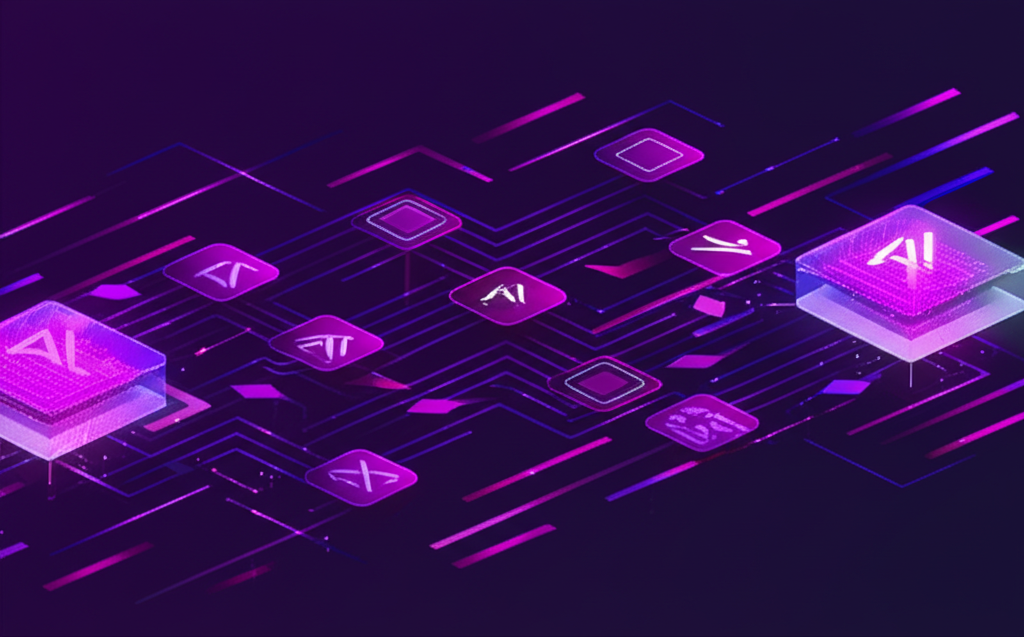Why AI Agents Will Deliver What Traditional RPA Only Promised

The Limitations of Traditional RPA
While Robotic Process Automation (RPA) is widely used as an accessible technology for automating repetitive tasks, its rigid, rules-based approach often falls short of its transformative promises. This is largely due to inherent limitations in adaptability and deep integration.
Consequently, many organizations experience disappointing ROI, with Gartner reporting that over 50% of RPA projects fail to meet expectations. This high failure rate stems from several critical limitations inherent in the technology:
Brittleness
RPA solutions break when interfaces change, requiring constant maintenance.
Limited Scope
Effective for simple tasks but falters with complex decision-making or exceptions.
Static Capabilities
Unable to learn from experience or adapt without manual reprogramming.
Integration Challenges
Functions as isolated automation islands rather than integrated components.
The AI Agent Advantage
AI agents represent a fundamental shift in automation technology, combining machine learning, natural language processing, and adaptive decision-making to create truly intelligent systems:
1. Contextual Understanding
AI agents comprehend context rather than simply following rules. They interpret communications by extracting meaning rather than pattern-matching, enabling them to handle nuanced tasks that confound traditional RPA.
2. Adaptive Learning
Each interaction becomes training data, enabling agents to handle edge cases more effectively over time - creating a self-reinforcing cycle of improvement without manual intervention.
3. Resilience to Change
When interfaces or processes evolve, AI agents adapt accordingly. They understand underlying intent rather than depending on specific UI elements, reducing maintenance costs and increasing reliability.
4. End-to-End Process Handling
AI agents manage entire business processes, not just discrete tasks. They coordinate across systems, make decisions based on business rules, and collaborate with human workers when necessary.
The Future of Work
AI agents are transforming work itself - functioning as digital coworkers that augment human capabilities rather than merely replacing routine tasks. This fulfills RPA's original promise: adaptive automation that reduces costs and frees human workers to focus on strategic initiatives.
At Alzonova, we're leading this transformation with AI agents that handle complex tasks, seamlessly integrate with existing systems, and combine cutting-edge technology with enterprise-level scalability.